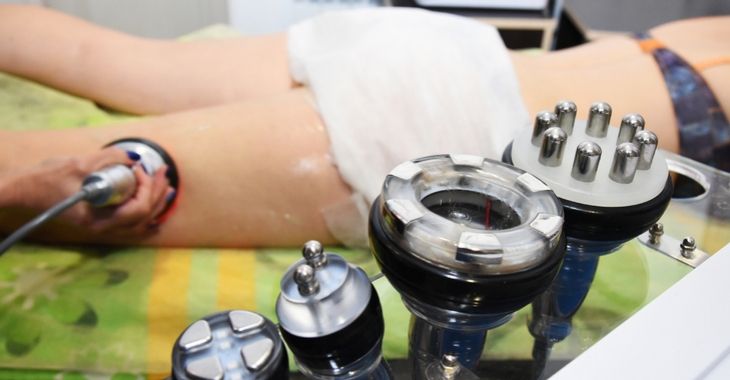Excessive Sweating: How Your Dermatologist Can Help
Sweating is your body’s natural way of regulating its temperature, but it can still be an embarrassing situation if you’re one of many patients who sweat excessively. This condition is known as hyperhidrosis, and can be treated safely and effectively by your dermatologist.
Types of Hyperhidrosis
While excessive sweating can seem like a fairly simple and straightforward problem, but the truth is there are a few different types of hyperhidrosis. Localized hyperhidrosis tends to be restricted to a specific area, commonly the palms of the hands and soles of the feet, inguinal folds or the perineal area. Emotional hyperhidrosis, on the other hand, is caused by heightened fear, anxiety or other emotional excitement as is, as such, relatively intermittent. Generalized hyperhidrosis may be induced by vigorous exercise or a high-temperature environment, causing excessively high amounts of sweat in such situations. Gustatory hyperhidrosis can happen after eating triggering foods like chocolate, tomatoes, hot soups or consuming hot beverages. Gustatory hyperhidrosis tends to cause excessive sweating of the sternum, upper lip and forehead. Axillary hyperhidrosis, or excessive underarm sweating, is one of the most common types and can also be one of the most embarrassing due to visible staining of clothing.
Treatment for Hyperhidrosis
Excessive sweating doesn’t have to ruin your clothing or your confidence. Your dermatologist may recommend a variety of medication options to combat the problem, or may also suggest a laser treatment as a more permanent solution. Through an FDA-approved, non-invasive procedure, a dermatologist can put an end to underarm sweating once and for all by disabling the sweat glands in your armpits.
For patients who prefer a non-surgical method of eliminating excessive sweating, the application of products containing high levels of aluminum chloride may also be effective. Contact a dermatologist in your area today to discuss the many options available to you for the management of hyperhidrosis, and make your excessive sweating a thing of the past.
Posted on behalf of Medical Dermatology Specialists
The information provided on this website, including text, graphics, images, and other materials, is intended solely for informational purposes and should not be used as a substitute for professional medical advice, diagnosis, or treatment.

)